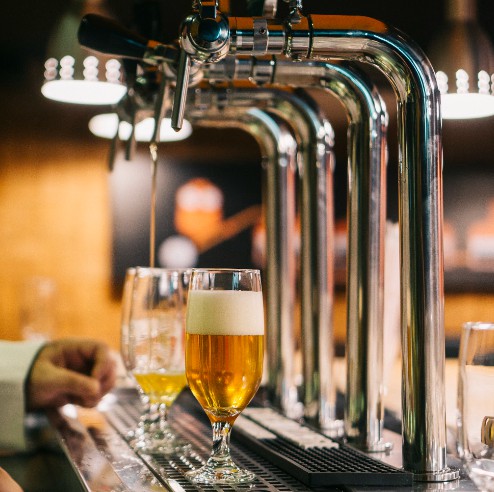
On November 12, 2024, Moldova's Ministry of Agriculture and Food Industry issued a consultation document proposing to develop regulations on beer and beer beverages, with a feedback period ending on November 27, 2024, for comments. Main contents:
(1) Scope and definitions;
(2) General requirements. Permitted raw materials (drinking water; malt; hops and hop products; sugar and syrups; yeast; flavors, etc.); vitamins, minerals are not permitted to be added to products with an alcohol content of more than 1.2%;
(3) Product categorization. According to the content of beer wort leachate is divided into: beer, concentrated beer, special beer, etc.; can also be based on heat treatment, physical treatment, alcohol content, fermentation type to distinguish between different varieties;
(4) Quality and safety requirements. The content of carbon dioxide is at least 0.35%; the PH value of malt beer ranges from 3.8 to 4.8; the use of lead-containing and aluminum-containing materials is prohibited when packaging alcoholic products;
(5) Production and processing requirements. Partial replacement of malt for brewing with unmalted grains shall not exceed 30%; the content of added sugar or syrup shall not exceed 3% of the mass of the replacement malt;
(6) Labeling requirements. Non-alcoholic products marked with “non-alcoholic”, the alcohol concentration value of “0%”; pasteurized beer should be “pasteurized”; without high-temperature sterilization of beer Marked with the words “without high-temperature sterilization”; must be marked with the name of the beer and the name of the manufacturer;
(7) Storage requirements. Pasteurized beer should be stored at a minimum temperature of 2°C to 25°C; unfiltered beer should be stored at a minimum temperature of 0°C to 8°C;
(8) import requirements. It must be accompanied by a quality certificate. These certificates are issued by the competent authority of the country of origin and attest to the safety of the product in accordance with the provisions of the national normative regulations; the analytical report issued by an accredited laboratory attests to the compliance of the product with the requirements of the basic physicochemical characteristics specified in the regulations to be.